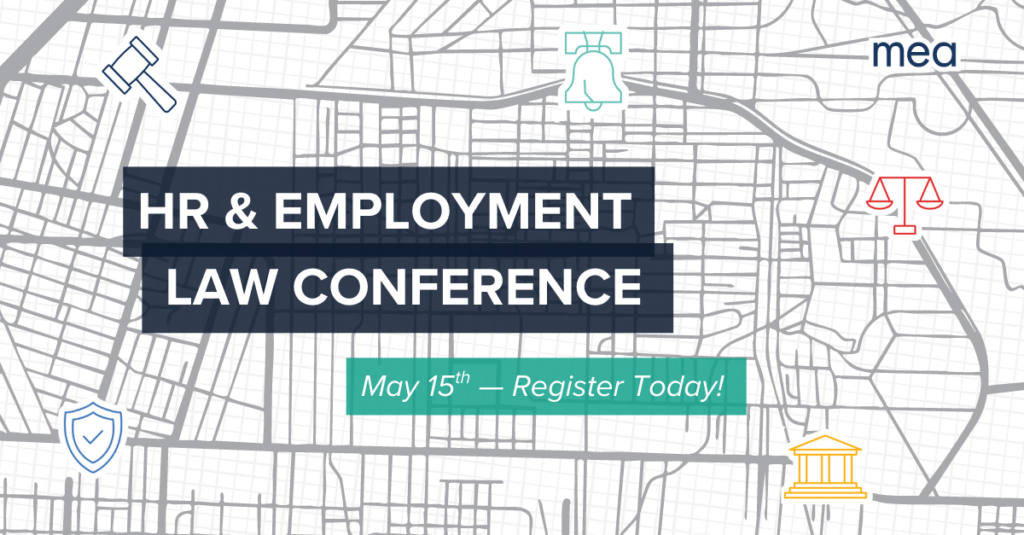It's About Time: Wage and Hour Laws
For: HR & People Leaders | 1.5 Hours
The Fair Labor Standards Act (FLSA) is the primary federal law providing wage and hour protections to employees. Most states have their own particular state wage and hour laws, including Pennsylvania and New Jersey, which often times provide greater employee protections than the FLSA.
Failure to comply with both federal and state wage and hour laws exposes employers to potentially significant legal and financial liability, including collective or class actions on behalf of multiple plaintiffs, double damages, punitive damages, attorneys’ fees, and can additionally include civil fines and penalties, and in some cases criminal penalties and personal liability against owners, operators, shareholders, and other individuals.
Learning Objectives:
This workshop will teach you the fundamentals of complex and often confusing Wage and Hour laws, under both the federal FLSA and relevant state law, but will also provide a step-by-step guide to conducting the audit, including for example:
Preliminary issues employers should consider before conducting an internal audit;
The important wage and hour issues to evaluate as part of the audit;
How to respond to compliance issues discovered during the audit; and
Best practices for going forward after the audit.
Why Attend
Employers can greatly reduce the risk of legal and financial exposure by auditing their practices to ensure they comply with core requirements of state and federal wage and hour law, such as, including:
Understanding wage and overtime compensation, including understanding what time is compensable, and how to properly calculate overtime pay;
Classifying employees properly as exempt versus non-exempt employees, or employees versus independent contractors; and
Among other wage and hour laws, such as those governing interns, volunteers, and child labor.
Internal audits not only help you comply with these requirements before trouble hits (such as a lawsuit or DOL audit), but it can also provide you with a “good faith” legal defense, simply by engaging in the audit.

